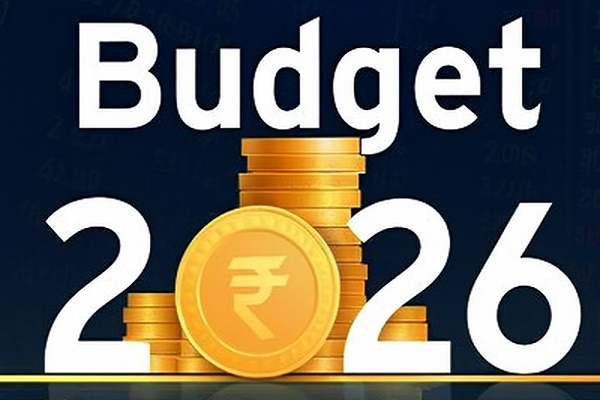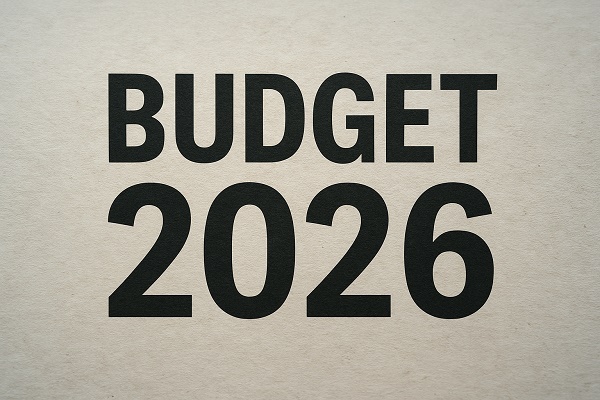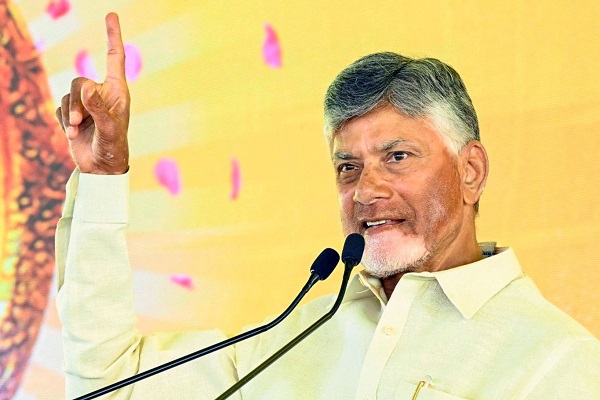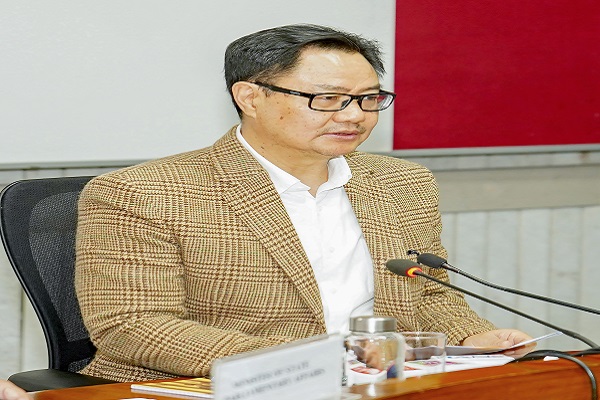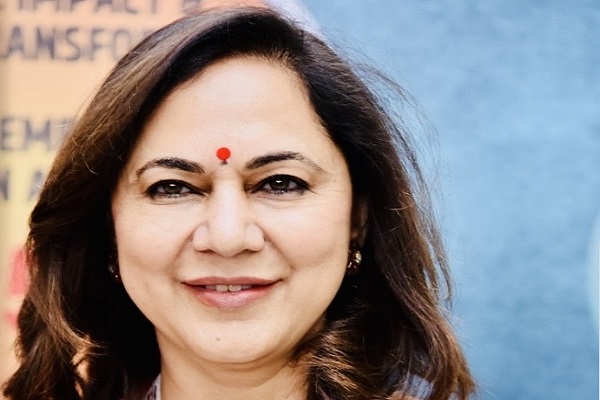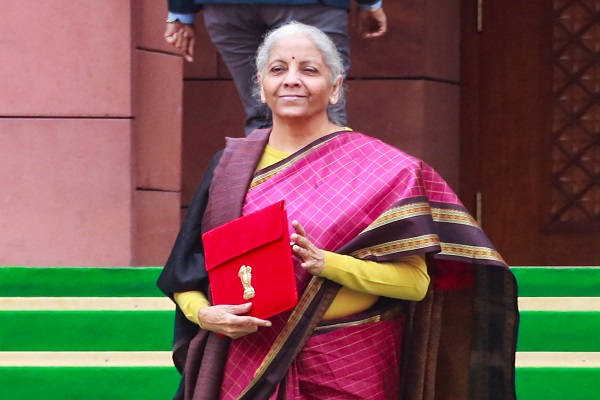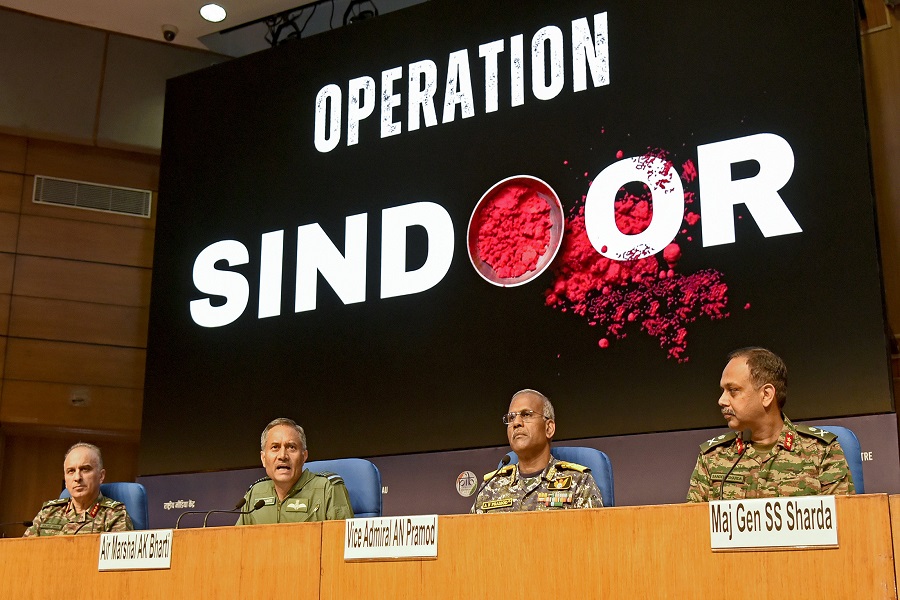Privatization 2.0: Air India privatized - Motilal Oswal

Privatization 2.0: Air India privatized
Booster dose for reforms; shot-in-the-arm for divestment agenda
* In a major boost to the ongoing reforms program, the Government of India has announced the first privatization after 19 years. Tata Sons won the bid for Air India for an EV of INR180b, bringing to a close a long-drawn process of privatizing the lossmaking Air India.
* With this transaction, Privatization 2.0 is likely to get a big boost and would be followed up with the rest of the planned divestments, in our view. GoI has a clear and well-stated intent of disinvestment in non-strategic sectors and minimum presence in strategic sectors. This augurs fairly well for other big-ticket divestment items on the agenda, such as BPCL, SCI, Pawan Hans, as well as LIC IPO.
* The government has been in a major overdrive on reforms of late, with several big initiatives undertaken – Amendment of Retrospective Tax Laws, Bad Bank creation, Relief package for Telecom sector along (with further initiatives to reduce litigations), series of PLI packages, Farm Laws, etc. Privatization was the missing link in this, which has now been plugged. The announcement of this just a few months ahead of five major state elections in early CY22 further underscores the political will of the government. We believe this is a clear and big sentiment positive from the macro perspective for India, which has seen significant outperformance in CY21YTD.
Privatization 2.0: Begins with a bang!
* Tata Group subsidiary, Talace Pvt. Ltd., has won the bid for Air India for an Enterprise value of INR180b. The reserve price was set at INR129b. As a part of the deal, Tata Group would take over the debt of INR153b and would pay INR27b in cash. After the deal, the government would take on INR462b in debt and INR147b worth of assets, including real estate. All of this would be transferred to a special-purpose vehicle called Air India Asset Holdings Ltd. The Share Purchase Agreement allows Tata Group to enter into mergers among its airlines. The transaction is expected to be completed by December’21. Overall government support to the airline since 2009–10 in the form of equity and sovereign guarantee amounts to INR1.1t. Tata would have to retain the employees for a year post the successful completion of the bid and would be allowed to offer VRS for employees after a year.
* This marks the first privatization of a PSU entity in India after 2002–03. That a) the first asset privatized is a complex entity such as Air India – with accumulated loss of INR708b (as of Mar’21) and a leveraged balance sheet with debt of INR615b as of Aug’21 – and b) this has seen a protracted process since 2018 clearly signal the intent of the government to proceed with its ambitious privatization/divestment/monetization agenda.
* The NDA-1 government over 1999–2003 had privatized nine PSU firms (Modern Food Industries, Balco, Hindustan Teleprinters, CMC, Indo Burma Petroleum Company, VSNL, Pradeep Phospates, Hindustan Zinc, and IPCL). The government had also sold stakes in 19 properties of ITDC and three properties of Hotel Corporation of India.
Brief timeline of Air India’s journey over the decades
* Air India, founded in 1932 by Mr JRD Tata and nationalized in 1953 (Air Corporation Act), returns to the Tata Group after 68 years. Post the opening up of the Aviation sector to private players in the early 90s, Air India saw a continuous decline in market share, profitability, and leverage. This necessitated the regular infusion of capital in the balance sheet to fund losses.
* Over 2000–01, the then NDA Government attempted to sell 40% stake in Air India. However, it could not succeed due to the stiff opposition from employee unions and the subsequent worsening of sector macros post the 9/11 attacks in the US. In 2007, GOI announced the merger of Air India and Indian Airlines, post which it has posted losses every year as various government measures to revive the airline failed. In 2012, the UPA government tried to implement a Turnaround Plan (TAP) as well as Financial Restructuring Plan (FRP) to boost Air India’s finances. However, none of the measures implemented by the various governments could stop the capital burn.
* In 2018, the current government failed to get a response when it looked to sell 76% of the stake in Air India. Concerns about the continued government presence (24% stake) prevented the successful execution of the divestment. Following this failure and after various consultations with the industry and stakeholders, the government went ahead with a 100% stake sale, including the option of allowing the winning bidder to decide on the amount of debt it was ready to take over. Essentially, it allowed bidding on the basis of Enterprise Value to mitigate concerns around the leveraged balance sheet of Air India.
* The successful completion of Air India’s stake sale to Tata may introduce a template for further privatization in the sector.
Divestment agenda to acquire momentum; potential to re-rate PSU stocks
* GoI has already stated its intent to have a zero presence in non-strategic sectors and a minimum presence in identified strategic sectors. The four identified strategic sectors are: a) Atomic energy, Space, and Defence; b) Transport and Telecommunications; c) Power, Petroleum, Coal, and Other Minerals; and d) Banking, Insurance, and Financial Services.
* In its Mar’21 Budget, the government had indicated that it would look to privatize two public sector banks and one general insurance company in FY22. Additionally, it is planning the IPO of LIC.
* With BPCL, Pawan Hans, Central Electronic Limited, Salem Steel Plant, SCI, BEML, and Nilanchal Ispat Nigam Limited already in various stages of strategic divestment, there is likely to be further action on this front in this fiscal, in our view. It is also looking to come up with EOIs for IDBI Bank, RINL, Concor, HLL Lifecare, PDIL, and IMPCL for strategic disinvestment.
* Along with other big reforms undertaken in the past six months, this transaction clearly demonstrates the government’s will to implement its long-pending agenda of divestment. We believe this is a positive macro event for India and has the potential to re-rate the PSU disinvestment candidates, which anyway trade at attractive valuations, given the backdrop of a strong rally in the market
To Read Complete Report & Disclaimer Click Here
For More Motilal Oswal Securities Ltd Disclaimer http://www.motilaloswal.com/MOSLdisclaimer/disclaimer.html SEBI Registration number is INH000000412
Above views are of the author and not of the website kindly read disclaimer
